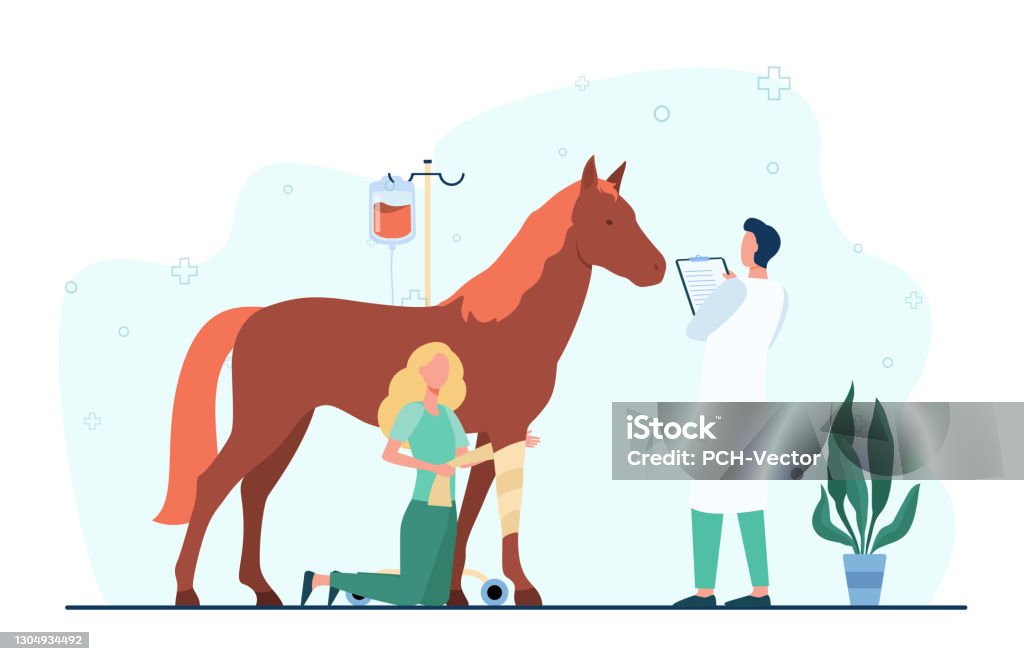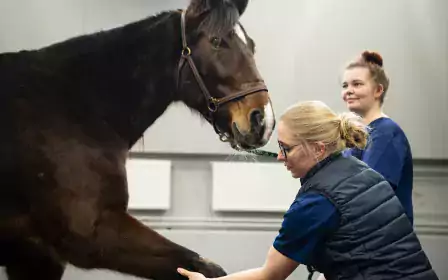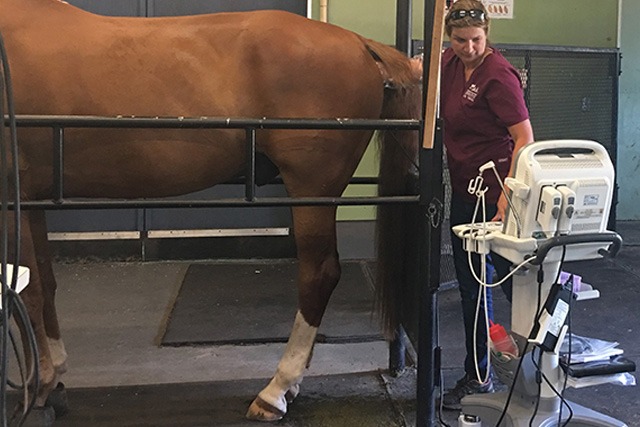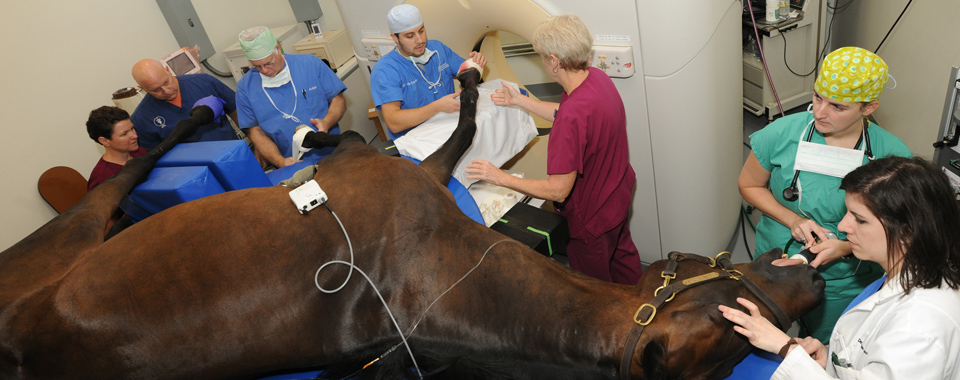Horse Health & Veterinary: A Comprehensive Guide

Maintaining the health of horses is crucial for their performance, longevity, and overall well-being. This article covers essential aspects of horse health and veterinary care, providing valuable insights for horse owners, trainers, and enthusiasts.
Table of Contents

- Introduction to Horse Health
- Common Equine Diseases and Conditions
- Preventive Veterinary Care
- Nutrition and Diet
- Signs of Illness in Horses
- Emergency Care and First Aid
- Frequently Asked Questions (FAQ)
1. Introduction to Horse Health

Horse health encompasses physical, mental, and emotional well-being. Regular veterinary check-ups, proper nutrition, and a safe environment are key to preventing diseases and ensuring a horse’s vitality.
2. Common Equine Diseases and Conditions
| Disease/Condition | Symptoms | Treatment/Management |
|---|---|---|
| Colic | Abdominal pain, restlessness | Immediate veterinary care, pain relief, hydration |
| Laminitis | Lameness, heat in hooves | Anti-inflammatory drugs, dietary changes |
| Equine Influenza | Coughing, nasal discharge | Vaccination, isolation, supportive care |
| Strangles | Swollen lymph nodes, fever | Antibiotics, quarantine |
Understanding these conditions helps in early detection and effective treatment.
3. Preventive Veterinary Care
- Vaccinations: Essential to protect against infectious diseases like tetanus, influenza, and rabies.
- Deworming: Regular deworming schedules prevent parasitic infections.
- Dental Care: Routine dental check-ups prevent issues like sharp enamel points and uneven wear.
- Hoof Care: Regular trimming and inspection prevent lameness and infections.
4. Nutrition and Diet
A balanced diet tailored to the horse’s age, workload, and health status is vital. Key components include:
- Forage (hay or pasture) as the primary diet base
- Concentrates (grains) for energy
- Vitamins and minerals supplements
- Fresh water availability at all times
5. Signs of Illness in Horses
Recognizing early signs can save lives. Watch for:
- Changes in appetite or water intake
- Lethargy or unusual behavior
- Coughing or nasal discharge
- Swelling or heat in limbs
- Abnormal manure consistency
6. Emergency Care and First Aid
- Keep a first aid kit with bandages, antiseptics, and wound care supplies.
- Know how to handle colic symptoms and when to call a vet.
- Manage wounds promptly to prevent infection.
7. Frequently Asked Questions (FAQ)
Q1: How often should a horse see a vet?
A: At least twice a year for routine check-ups, or more frequently if health issues arise.
Q2: What vaccinations are essential for horses?
A: Tetanus, equine influenza, rabies, and West Nile virus are commonly recommended.
Q3: How can I prevent colic in my horse?
A: Provide consistent feeding schedules, access to clean water, and avoid sudden diet changes.
Q4: When should I call a vet for lameness?
A: If lameness persists beyond 24 hours or worsens, seek veterinary advice immediately.
Maintaining horse health requires a proactive approach combining veterinary care, proper nutrition, and attentive observation. This guide aims to equip horse owners with the knowledge to keep their equine companions healthy and happy.
